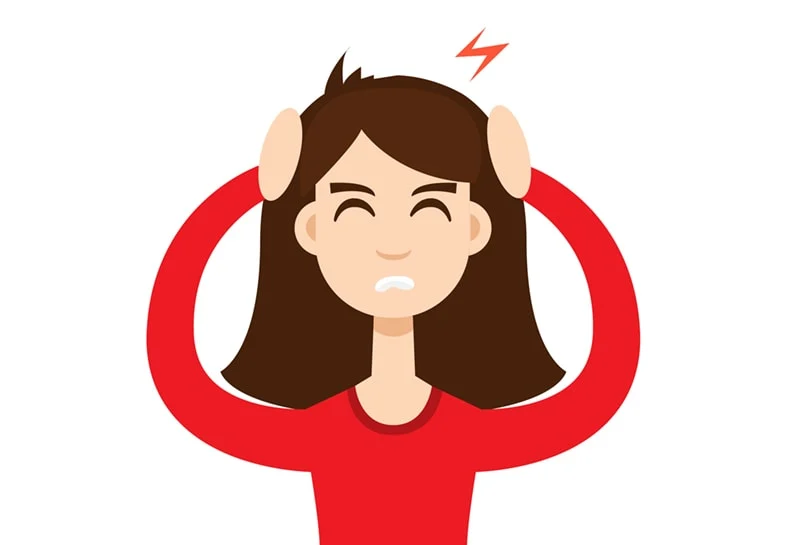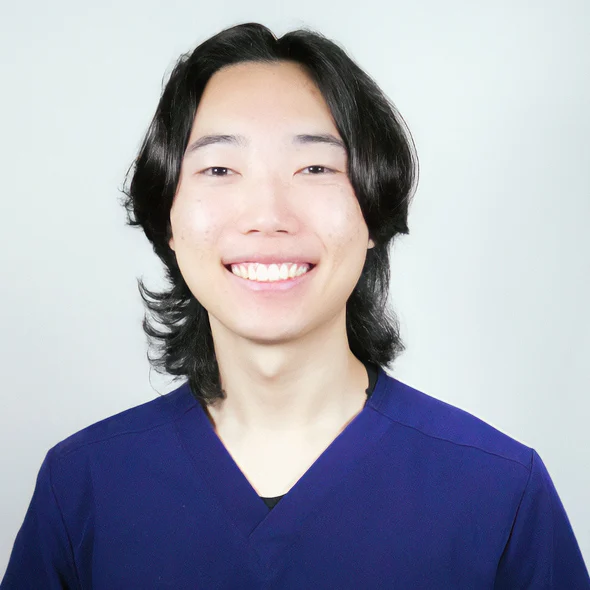Functional neurology now has an exciting new tool for diagnosing and treating brain disorders: Interactive Metronome (IM). Whether you’re an athlete, a student, or someone struggling with motor skill limitations, IM could help improve your performance and daily function.
What is Interactive Metronome?
Interactive Metronome (IM) measures and enhances neurotiming—the synchronization of neural impulses in brain networks. It evaluates key connections that control cognitive, sensory, motor, and communicative functions. Once the system collects this data, it triggers a steady auditory beat. Patients then receive real-time auditory and visual feedback to fine-tune their timing down to the millisecond.
IM requires special software and hardware and is used under expert supervision. During training, individuals attempt to match a target on a screen exactly with the beat. Immediate feedback helps them make corrections and improve their rhythm and timing.
Why is Timing Important?
Research confirms that our brains rely on an internal clock to process time and perceive our surroundings. When this system functions well, brain networks connect efficiently, improving cognitive and motor performance.
Timing affects everything we do—walking without falling, speaking clearly, reading fluently, and excelling in sports. Elite athletes, actors, scientists, and doctors all depend on precise timing. Neurotiming is a critical factor in human performance.
Studies show that IM training strengthens the connection between the parietal and frontal lobes, which control working memory, attention, and executive function. Enhancing these brain functions can significantly improve quality of life.
The “IM Effect”: How Patients Benefit
The IM Effect refers to the positive changes patients experience after IM training. These improvements come from better synchronization in the brain’s functional networks, which handle cognitive and motor tasks.
IM training has been linked to:
- Increased attention and focus
- Better working memory
- Stronger expressive and receptive language skills
- Improved reading comprehension, fluency, and speed
- Enhanced athletic performance
- Better motor control, especially in the upper body
- Higher math scores
Who Can Benefit from IM Training?
IM training helps a broad range of individuals, from those overcoming impairments to students aiming for higher test scores. Both children and adults can benefit. IM may be particularly useful for people with:
- ADHD
- Autism Spectrum Disorder
- Sensory Processing Disorder
- Learning disabilities
- Developmental delays
- Cerebral Palsy
- Auditory Processing Disorders
- Brain injuries or concussions
- Stroke recovery needs
- Parkinson’s disease
- Limb amputations
- Alzheimer’s or dementia







